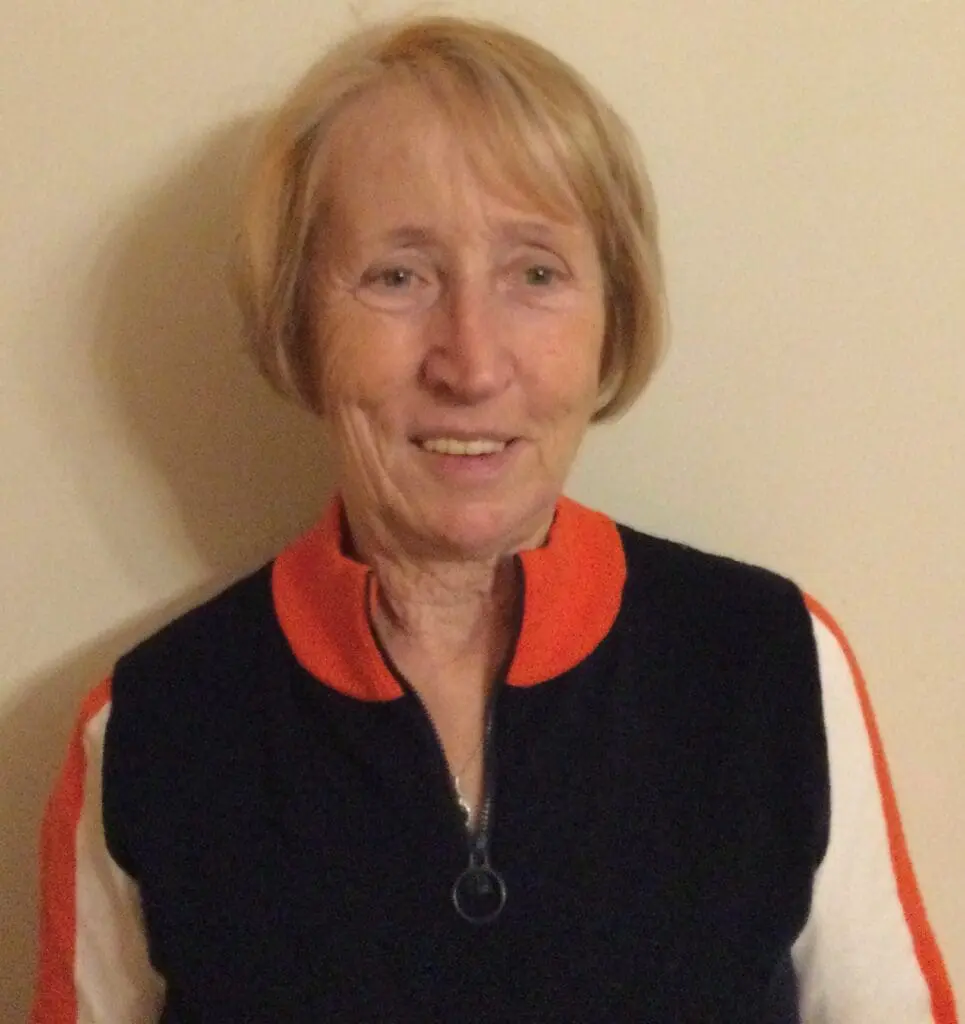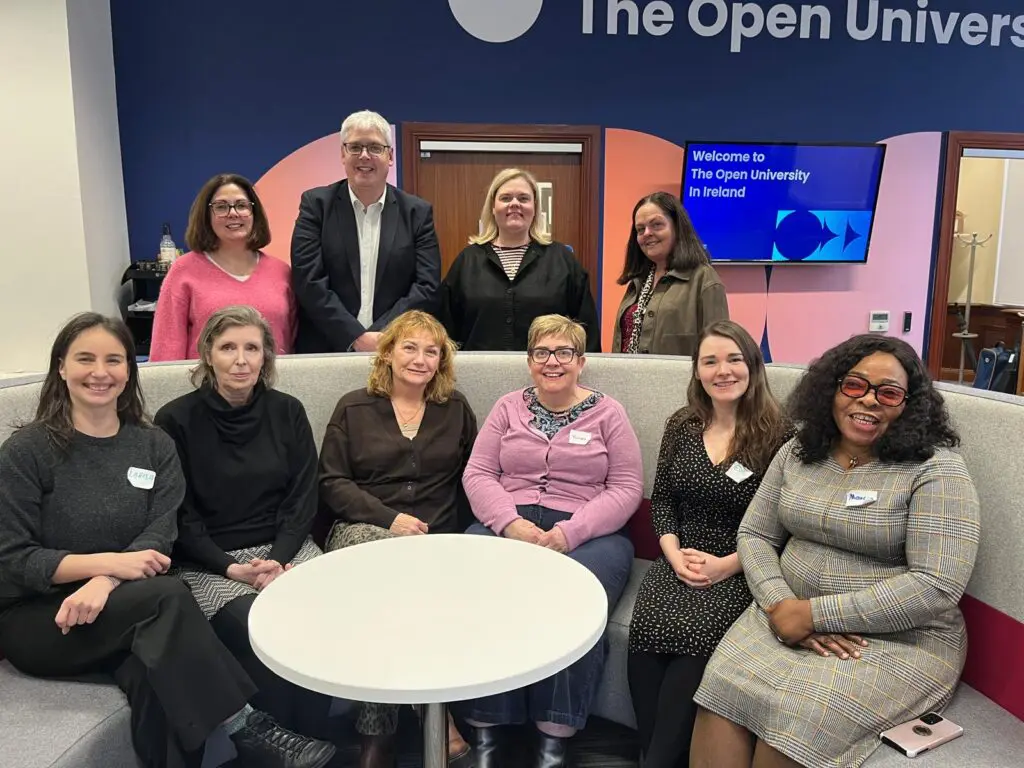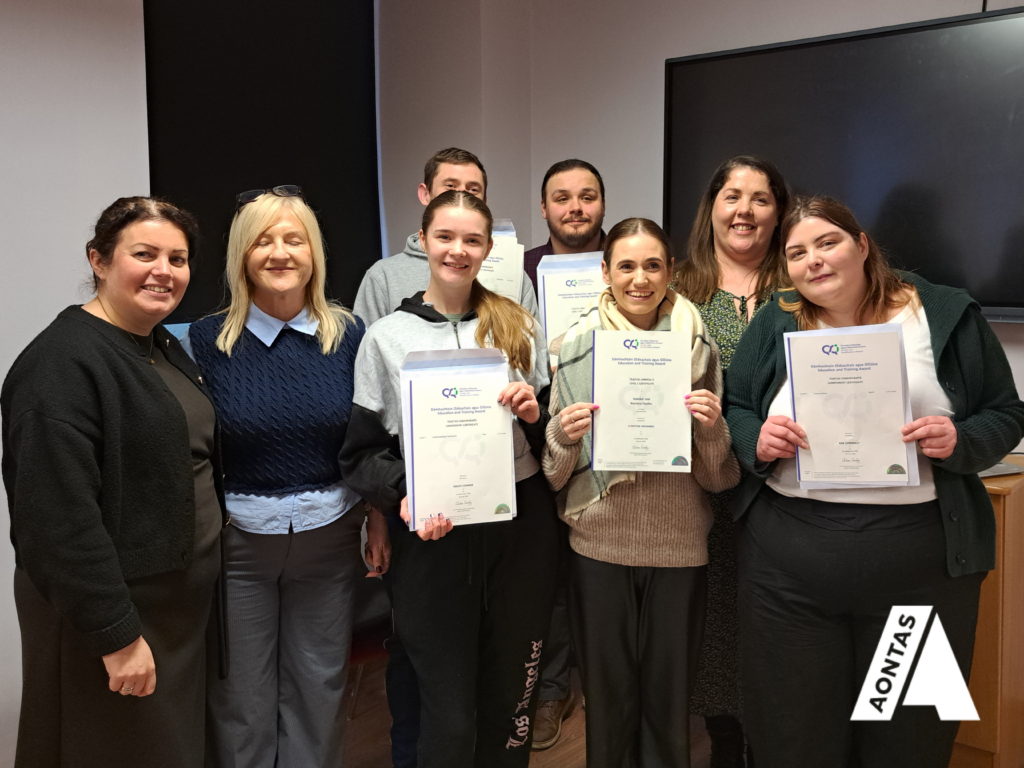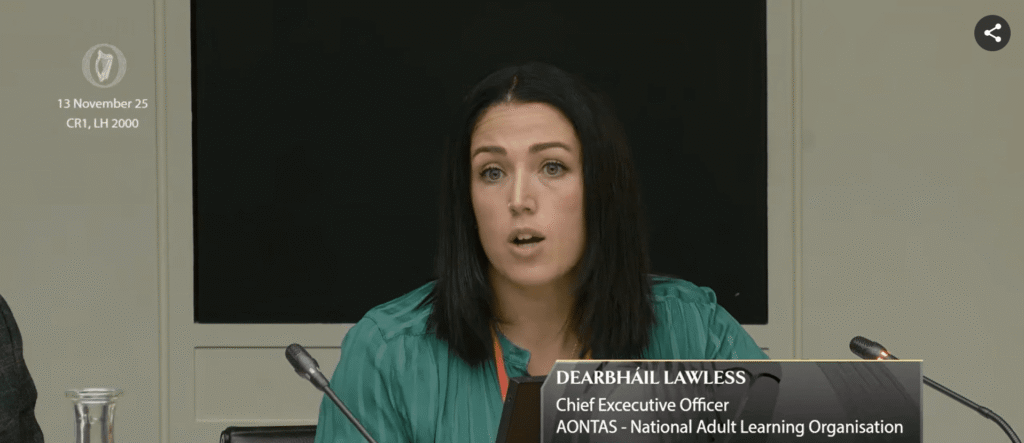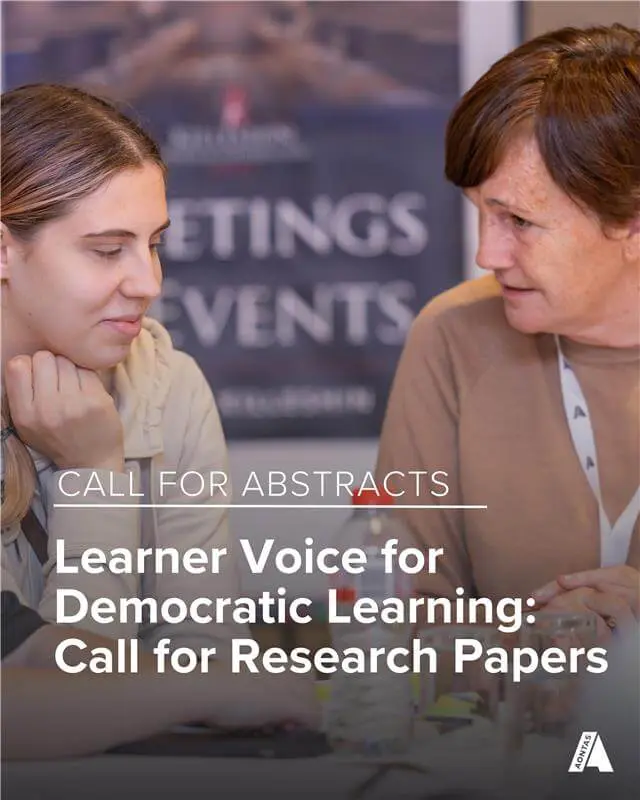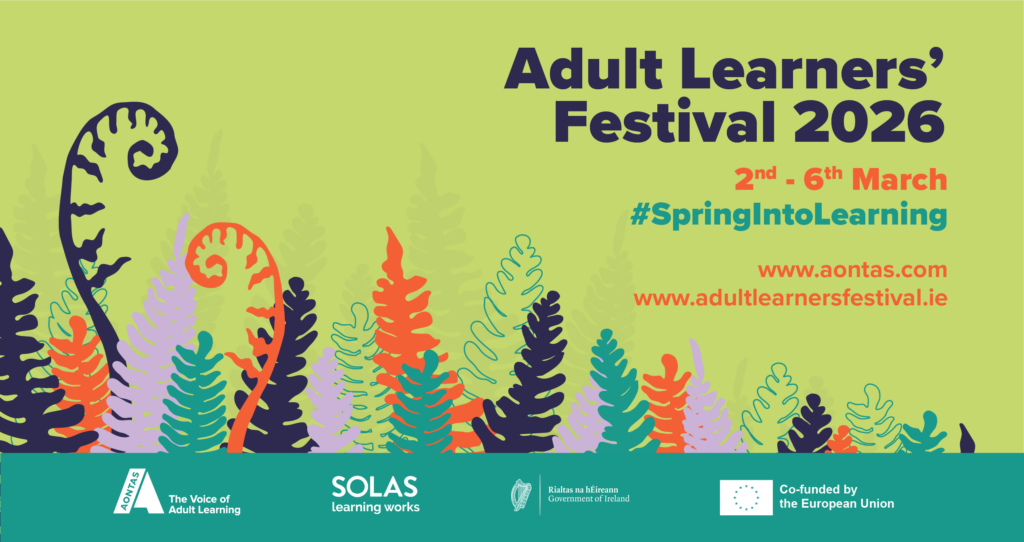While we have received funding from other sources such as Donegal Local Development Company, Donegal County Council and Go for Life, Donegal ETB remains one of the core sources on a yearly basis that supports our activities.
Our membership is expected to be 100 in 2024 and, because our committee is voluntary, we feel the need to retain a waiting list as numbers over 100 makes management of the group challenging.
The expected outcomes and benefits to projects funded by the ETB in the community are:
- Enhanced Education prospects for participants
- Strengthening Communities
- Improved wellbeing and Personal Development of participants
- Enhanced support to families
As a group we felt any activities we carried out should meet those outcomes.
When I look at it from a personal prospective, I have commenced art classes and participated in a women’s plumbing course – the latter being a very valuable and practical course.
As activities coordinator, I started organising courses for our group. These included Pilates, yoga, meditation and arts and crafts. These courses were delivered online during the COVID-19 pandemic and were a lifeline to isolated seniors and indeed to the continuation of our organisation post-COVID.
Since then, we have been delivering hybrid courses, both face-to-face and online, for those who for various reasons are unable to attend in person. These courses reach people in aged from 55 years to almost 90 years old, and indeed we have many people aged 80 plus attending in person.
Community and Connection
We surveyed our members to find out what they needed help with and they indicated that they wished to be able to manage technology: emails, Zoom, and mobile phones, to participate fully in our activities.
As a result of this survey, the ETB is delivering a new course to our members in 2024 on those areas. Activities like these keep people connected.
Personally, I have found that it enhances my ability to connect with my daughter, my son and his family who are abroad in U.K. and Australia. It is clear that not only does this activity enhance educational prospects but strengthens communities and families, and facilitates personal development.
The fact that our membership has grown indicates that we are strengthening our local community and this works in a variety of ways. Post-COVID, people are becoming confident to come to groups and they are making connections, thus enhancing positive mental health. We can have between 16 to 20 members at times participating in courses. It is also supporting seniors to participate in educational programmes like IT.
Improving Physical and Mental Health
Many of our activities centre around physical and mental health. I don’t think this is either captured or recognised as an invaluable positive outcome by the HSE or community health services, yet it is a very economical way of caring for people in the community. These programmes support mental health, reduce depression, build physical health and strength, and maintain balance and coordination, thus either preventing or reducing the risk of falls and contributing to quicker recovery when such incidents occur.
I really am not sure that all these benefits are captured, or indeed acknowledged, that result from the ETB funding or the funding from other sources. I believe it should be flagged that such funding crosses agencies whose remit is to deliver health and social services – the ETB is a very significant supporter of seniors in our community and should be recognised as such.
Strengthening Families
Another element of this community-supported activity is how it strengthens families – an expected outcome of Community Education Support.
Many of our members support young families with children by providing childcare for them. If children are sick and unable to go to crèche or school, the grandparents often step in to allow the families to continue with their work.
These ‘carer’ seniors need care themselves to keep healthy, both physically and mentally, and through the development of their skills are able to pass these down to the next generation, for example, knitting, or sewing, among other things.
Seniors continuing in education are models for that generation of how education is a continuum through life.
All of the above meet the objectives of improved wellbeing and enhanced support to families.
Employment and Self-Esteem
A further benefit of this funding are the broader employment outcomes. Our tutors are employed and contributing to the community, paying into the tax system and also reducing reliability on social welfare. We have had a tutor who was parenting alone and her flexible employment was crucial to her managing her children. I wonder if our Government captures this benefit, and this consideration would be beneficial to ensure the need to continue the funding of ETB or indeed other organisations whose focus is community development.
There is no doubt there are huge indirect benefits to our ETB funding, like keeping seniors active and healthy. We have members with a variety of health challenges who feel confident to come to our activities, and the group offers support in this manner – we look after each other. It helps cognitively impaired members remain actively engaged and enjoying life. It builds confidence and self-esteem, particularly post-COVID for seniors who were particularly affected by it and were reticent to return to activities outside their homes.
I believe the ETB and other organisations have played a crucial role and continue to do so by their funding of community groups such as ours, and as a member of our organisation I like to keep them informed of the wonderful work they do – it is hard for them perhaps to measure what they are doing.
The majority of our tutors are female, and work part-time, but are passionate about their activity. This helps them to manage all other family responsibilities and remain financially independent without the benefits of permanent work. So much is immeasurable.
Many of our members live alone, are dependent on state pensions and are challenged by the recent cost-of-living increases so it’s important to keep courses at a reasonable rate in order that they can participate fully. Some never got the opportunity to do 3rd level education.
We welcome the funding we get but I would like to see some increases in the basic rate for tutors This can only come from Government if they recognise the importance of what it is achieving. There are members who say the Active Retirement has been a lifeline and recently a GP has asked if he could refer patients.
Finally, I want to say our work is local to our community, it helps the local economy and as a group some of our other activities support local business therefore important to keep the group active and together. This is what ETB supports helps us to achieve and we are most appreciative.
Check out our website to learn more about Learner Voice training and Learner Champions
For more information contact Karyn at kfarrell@aontas.com
Learn more by visiting onestepup.ie
